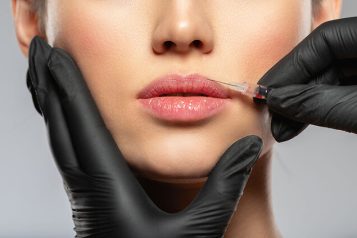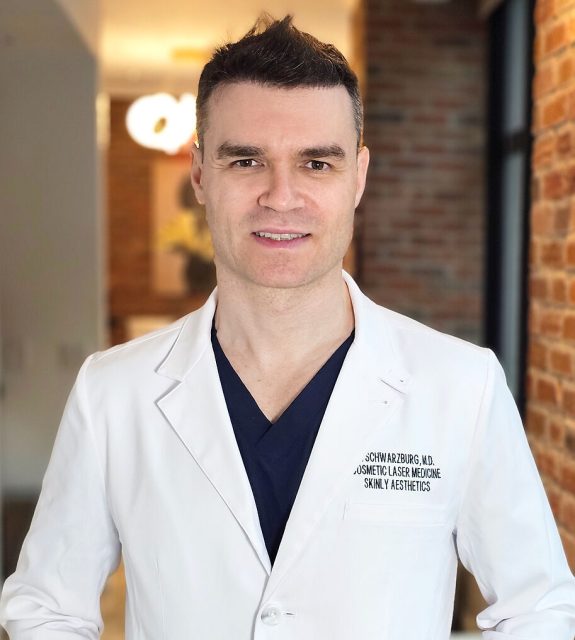 Photo Credit: Courtesy of Dean Drobot/Shutterstock
Photo Credit: Courtesy of Dean Drobot/Shutterstock
Sleep is essential for our overall health and well-being, playing a crucial role in various bodily functions. However, for individuals suffering from sleep disorders such as sleep apnea, achieving restful sleep can be challenging and even detrimental to health. Let's dive in and check out what sleep apnea is all about, how it's different from other sleep problems, its symptoms, treatments you can try, the lasting effects on your health, and some lifestyle tweaks that might help deal with it.
What is Sleep Apnea?
Sleep apnea is a serious sleep disorder characterized by repeated air blockages in the upper airway or pauses in breathing during sleep. These interruptions in breathing can occur multiple times throughout the night, leading to fragmented sleep and decreased oxygen levels in the body.
Distinguishing Sleep Apnea from Other Sleep Disorders
While sleep apnea involves disruptions in breathing during sleep, other sleep disorders such as insomnia primarily involve difficulty falling asleep or staying asleep. Insomnia is often characterized by persistent difficulty initiating or maintaining sleep, leading to daytime fatigue and impairment.
Common Symptoms and Impact on Daily Life
The symptoms of sleep apnea can significantly impact a person's daily life. These may include:
- Snoring
- Poor quality of sleep
- Daytime fatigue
- Mental health issues such as depression and anxiety
- Difficulty concentrating
- Memory problems
- Weakened immune function
- Difficulty losing weight
These symptoms can affect various aspects of life, including work performance, social interactions, and overall quality of life.
 Photo Credit: Courtesy of Union Square Dental Practice
Photo Credit: Courtesy of Union Square Dental Practice
Treatment Options for Sleep Apnea
Fortunately, sleep apnea is a treatable condition, and effective treatment can lead to immediate improvements. Treatment options vary depending on the severity of the condition:
- For mild to moderate sleep apnea, oral appliances prescribed by a certified dentist can be highly effective in maintaining open airways during sleep.
- Continuous Positive Airway Pressure (CPAP) machines are commonly used for moderate to severe cases of sleep apnea. These machines deliver a steady stream of air through a mask worn over the nose or mouth, preventing airway collapse.
- In some severe cases, surgery may be recommended to address anatomical issues contributing to sleep apnea.
Long-Term Health Impacts of Untreated Sleep Apnea
Untreated sleep apnea can have serious consequences for long-term health and well-being. The condition places a significant strain on the cardiovascular system, leading to:
- A 140% increased risk of heart failure
- A 60% increased risk of stroke
- A 30% increased risk of coronary heart disease
These risks underscore the importance of timely diagnosis and effective management of sleep apnea.
 Photo Credit: Courtesy of Union Square Dental Practice
Photo Credit: Courtesy of Union Square Dental Practice
Lifestyle Changes for Managing Sleep Apnea
In addition to medical interventions, certain lifestyle changes and habits can help individuals manage sleep apnea and improve sleep quality. These may include:
- Regular exercise
- Limiting caffeine and alcohol consumption, especially before bedtime
- Quitting smoking
- Maintaining a healthy weight through diet and exercise
- Avoiding certain medications that may worsen sleep apnea symptoms
- Sleeping in a lateral position rather than on the back
- Using a humidifier to keep the airways moist
- Wearing an oral appliance during sleep as prescribed by a healthcare professional
By incorporating these lifestyle changes, individuals with sleep apnea can take proactive steps to enhance their sleep quality and overall well-being.
Sleep apnea is a serious sleep disorder that requires attention and appropriate management to mitigate its effects on health and quality of life. Through a combination of medical interventions and lifestyle modifications, individuals can effectively manage sleep apnea and enjoy restful, rejuvenating sleep.
Remember, if you suspect you or a loved one may have sleep apnea, it is essential to consult with a healthcare professional for proper diagnosis and personalized treatment recommendations.
For more information, visit Union Square Dental Practice's social media:






















